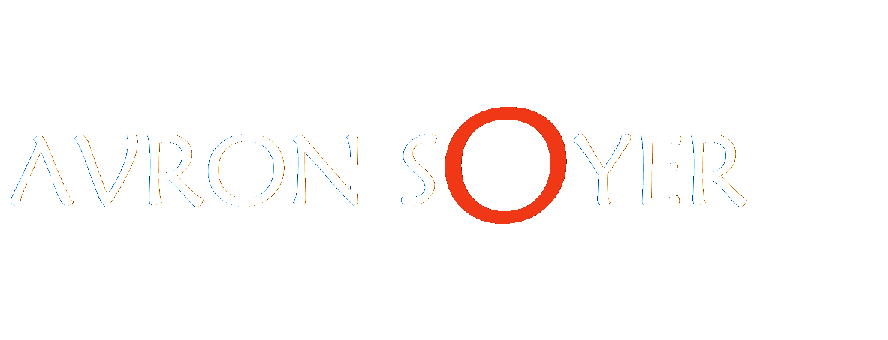Opening through Direct Examination of Foundational Concepts
Sociology-Psychology
In this exploration, sociology is a co-constitutive aspect of a unified “sociology-psychology.”[1] Sociology-psychology is a distinct species of theoretical reason (not a type of science).
It will advance inquiry if an integrated discipline proves adequate to the interpretation of its “domain of inquiry,” or if there develops on either side a pure psychology and a pure sociology.
We assume disciplinary unity to explore its potentialities and limitations.
2.Dialogue
2.1
I propose “dialogue” as the organizing principle of this manuscript, and of sociology-psychology.… Dialogue recognizes, articulates and develops unity in diversity. It struggles for non-repressive order
I designate the proposed orientation “dialogical sociology-psychology”
All disciplines arise from, embody and address co-constitutive human problems: a preliminary statement, sociology-psychology engages the passion of human existence for reasonable theoretical self- knowledge (a dream increasingly desperate and haunted within the breakdown of this order of life).
2.2
The Dialogical Turn is an important recent contribution to sociological theory
Because “the dialogical turn” and “dialogical sociology-psychology” use some of the same terms one might assume that they are the same orientation.
Here is a definition of discipline by Johan Heilbron from The Dialogical Turn.
The term discipline commonly designates a domain of knowledge with a certain degree of specialization and definite forms of control over the production and diffusion of knowledge.
Control- as in the word discipline itself- refers to external control as well as to self control … Traditionally, disciplines have been associated mainly with cognitive aspects, with specific skills and knowledge claims… When considering disciplines from the perspective of control they become a kind of political institution as well, guarding the external boundaries and policing the internal… (Camic.26).
The distinctive characteristic of modern disciplines is precisely to organize teaching, research and professional organization within the same kind of organizational unit. Every discipline is marked by the coordination of previously separated functions. (30)
In “the dialogical turn”, discipline is a species of professional integration..
In “dialogical sociology – psychology”, discipline is a species of potentiality. A discipline enables immanent critique of its relevant profession (s).
In “dialogical sociology-psychology”, dialogue recognizes, accepts, and struggles to mediate the tension between unity and diversity. This tension is “weakened in “the dialogical turn” by a prior decision against disciplinary unity.
Despite terminological overlap “the dialogical turn” and “dialogical sociology- psychology” are distinct orientations.
2.On The Relationship between Dialogical Sociology-Psychology and Science
2.1
Autonomy from science is not opposition to science. Science and sociology-psychology participate in theoretical reason.
2.2
Sociology-psychology should emulate scientific commitment to disciplinary autonomy and self-knowledge.
2.3
It is a crucial task of dialogical sociology-psychology to reframe the legitimate concerns of social/behavioral science in a more humane more reasonable context.
Concern with dynamics, and thus with prediction and control, distorting if alternatives are silenced, appears in explicitly dialogical sociology-psychology as one among many co-constitutive disciplinary problem constellations.[2]
To disregard the dynamics of our life together and apart in dealing with other human beings (or with oneself) would be brutal (like treating animals as though they could not feel) and dangerous (like putting metal in a microwave)…. Benevolent action requires knowledge of and sensitivity to “human nature.” Purely manipulative action is not benevolent.
3.Foundations
3.1
We are concerned with positional, especially disciplinary, reconstructions and foundations.
“Post modern” philosophy and sociology oppose “foundationalism.” Foundationalism is also criticized by synthesizing philosophers, including Richard J. Bernstein. Yet this is only relevant here in so far as they oppose what we assert. We do not, for example, seek “a neutral algorithm for theory choice” (Bernstein, 1983, 23) and/or “an Archimedean point…an a-historical permanent matrix or conceptual scheme for grounding knowledge” (16).
The central common language relevance of “foundation” is to construction. Construction is “rooted” in physical building.
To construct a dwelling is to build it, or at least to rebuild, it “top to bottom,” not to “improvise a patch.”
We normally refer to “reconstruction” rather than construction because nothing in history is entirely new.
We code “foundation” with “ground” into “the invention-discovery polarity.” Ground is closer to discovery. Foundation is closer to invention…. A ground is closer to “a given.” A foundation is closer to an artifact…Ground is “raw.” Foundation is “processed.” Yet in our life together and apart (considered “for its own sake” and “in its own terms”) all that is given is also invented and no invention is entirely new out of nothing…. There are always ancestors and descendants.
3.2
To participate in foundational reconstruction is not “to do it all oneself,” but to help develop an open transparent space in and through which partial orientations reach beyond themselves towards an absent unattainable totality.
Internal foundational reconstruction generates the disciplines that contain it…. It is both prologue to and practice of.
Continue Reading Avron Soyer’s
A Dream of Reason I. Part 3 -Opening through the Author
Footnotes
[1] Social psychology on the other hand is a branch of psychology and/or an intersection between disciplines.
[2] This inclusion is addressed in section IV, “Entering Through Personal-Interpersonal Dynamics.”
